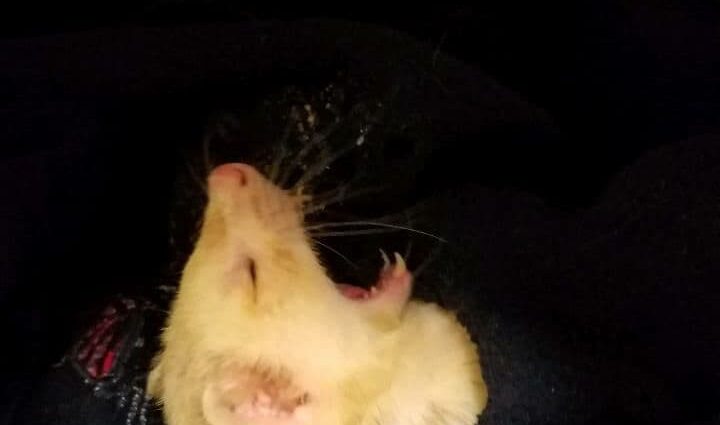As an affiliate, I may earn from qualifying purchases.
Exploring the Good and the Bad
Ferrets are captivating and playful pets that require a carefully balanced diet to ensure their health and well-being. While proper nutrition can lead to happy, energetic ferrets, poor choices in their diet can have detrimental effects. In this article, we’ll delve into both the good and bad sides of ferret nutrition to help you make informed decisions for your furry companions.
The Good:
1. Protein-Rich Diet:
- Ferrets are obligate carnivores, meaning their diet should primarily consist of animal protein.
- A high-quality ferret food provides the necessary protein to maintain muscle mass and overall health.
2. Essential Fats:
- Healthy fats are essential for a ferret’s skin and coat, and they provide a concentrated source of energy.
- Quality ferret food includes fats from animal sources to support your pet’s vitality.
3. Taurine Requirement:
- Ferrets require taurine, an amino acid found in animal tissues, to maintain heart and eye health.
- A proper diet ensures your ferret receives adequate taurine levels.
4. Proper Nutrient Balance:
- Commercial ferret food is designed to meet the nutritional needs of these pets, providing a balanced mix of proteins, fats, and vitamins.
5. Dental Health:
- Chewing on appropriate foods and treats can help maintain a ferret’s dental health.
- Quality ferret diets include items that promote dental hygiene, such as soft bones or dental chews.
The Bad:
1. High Carbohydrate Content:
- Some commercial ferret foods contain excessive carbohydrates from plant-based ingredients like grains or fillers.
- Ferrets have difficulty digesting carbohydrates, and a diet high in carbs can lead to health issues like insulinoma.
2. Low-Quality Ingredients:
- Poor-quality ferret food may include low-grade proteins or excessive fillers.
- Such ingredients can lead to nutritional deficiencies and poor health.
3. Lack of Variety:
- Offering the same type of food consistently can limit the diversity of nutrients your ferret receives.
- A monotonous diet may lead to boredom and selective eating, causing nutritional imbalances.
4. Overfeeding and Obesity:
- Ferrets have high metabolisms, and overfeeding can lead to obesity.
- Free-feeding or excessive treats can result in health problems like insulinoma or heart disease.
5. Inadequate Hydration:
- Ferrets are prone to dehydration, and some may not drink enough water.
- Dry kibble diets can contribute to this issue, so it’s essential to ensure your ferret stays adequately hydrated.
6. Lack of Fresh Foods:
- A diet solely consisting of commercial ferret food may lack fresh ingredients like fruits, vegetables, or raw meats.
- These items can provide added nutrition and enrichment.
In conclusion, proper nutrition is paramount for ferrets to lead healthy, happy lives. Opting for high-quality ferret food, maintaining a balanced diet, and providing access to fresh water are essential steps in ensuring their well-being. Avoiding low-quality, carbohydrate-heavy foods and practicing portion control are equally crucial. By understanding both the good and bad sides of ferret nutrition, you can make informed choices that contribute to your furry friends’ vibrant and active lifestyles.




